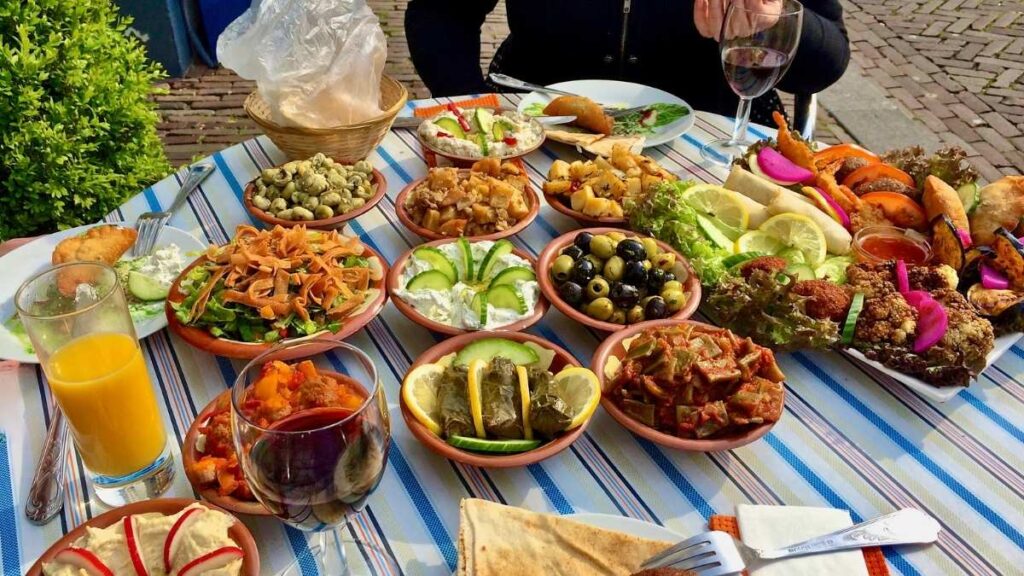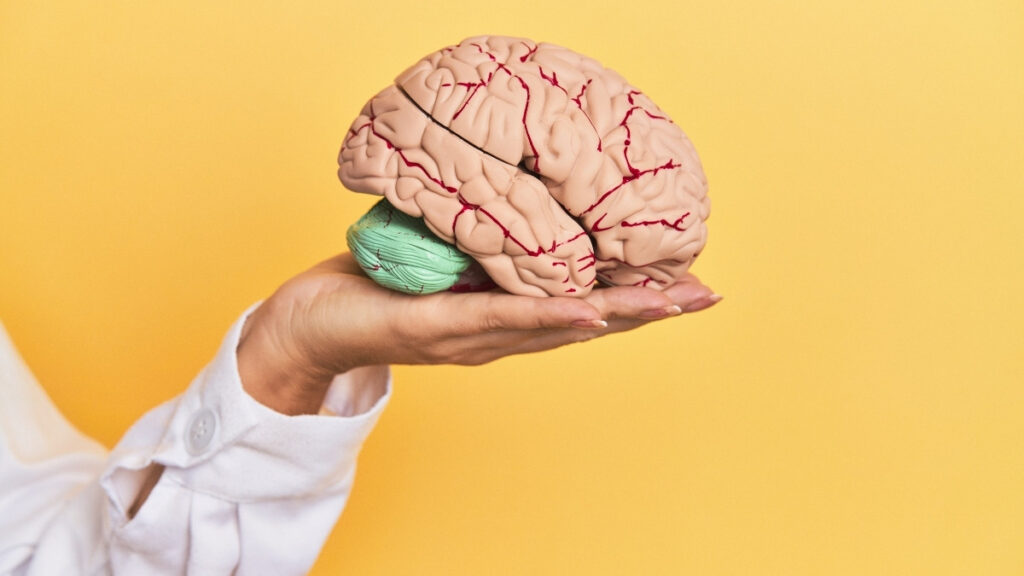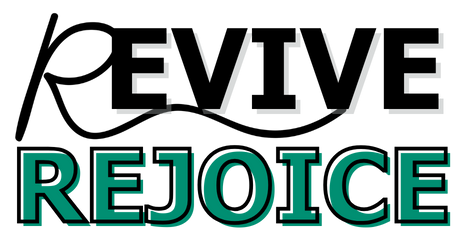15 Proven Youth-Restoring Secrets That Reverse Aging For Over 55, According To Real Story
At 98, artist Lee Rushall has no chronic diseases, shows her paintings, and doesn’t recognize the ‘old lady’ in the mirror—proving that aging doesn’t have to mean decline.
While most people over 55 experience accelerated aging, chronic diseases, and declining vitality, cutting-edge research reveals these aren’t inevitable. Revolutionary anti-aging secrets over 55 are now backed by science, offering genuine youth-restoring possibilities.
This guide reveals 15 evidence-based healthy aging strategies that can reverse aging, supported by studies from Harvard, Mayo Clinic, and leading longevity researchers like Dr. Eric Topol. Your biological age doesn’t have to match your chronological age.
15 Science-Backed Secrets to Age Like a Superhero After 55
You wake up and feel your body creaking. Your energy isn’t what it used to be. You wonder if this is just how life goes after 55.
Here’s the truth: Your genes only control about 25% of how you age. The other 75%? That’s up to you.
Scientists have studied people who stay sharp, strong, and healthy well into their 80s and 90s. They found specific habits that make the difference. These aren’t complicated tricks or expensive treatments. They’re simple changes you can start today.
Mission Protocol
Summary placeholder.
TACTICAL ADVANTAGE:
1. Eat Like People from the Mediterranean
People who follow the Mediterranean diet live longer and think clearer. Here’s why this matters for you.

Studies show this way of eating cuts your risk of dying from any cause by 23%. It also slashes dementia risk by 35% for people at high risk. That’s huge.
What makes this diet so powerful? It’s packed with vegetables, fruits, nuts, whole grains, fish, and olive oil. These foods fight inflammation in your body. Inflammation speeds up aging.
Research found that people eating this way have longer telomeres. Think of telomeres as the plastic tips on shoelaces. They protect your DNA. Longer telomeres mean slower aging at the cellular level.
Only 9% of people make it to 70 without major age-related diseases. But those following Mediterranean diet patterns have much better odds.
Start simple. Add more vegetables to your plate. Use olive oil instead of butter. Eat fish twice a week. Snack on nuts instead of chips.
Your grocery list should include spinach, tomatoes, salmon, walnuts, and berries. These foods are your anti-aging weapons.
2. Lift Heavy Things to Stay Young
Your muscles shrink as you age. But resistance training can reverse this process, even if you start after 70.

Here’s what happens when you lift weights regularly. Your muscle fibers actually change back to a younger pattern. You can gain 3-4 pounds of muscle in just 3-4 months.
This isn’t just about looking good. Strong muscles protect your brain. They increase blood flow and send signals that keep your mind sharp.
Resistance training also drops your blood pressure. It cuts your diabetes risk. These benefits happen fast.
Studies show 25-35% increases in muscle strength after just 8-12 weeks of training. You don’t need a fancy gym. Resistance bands, dumbbells, or even your body weight work great.
Start with two sessions per week. Focus on squats, pushes, and pulls. Work all your major muscle groups. Begin light and add weight slowly.
Your future self will thank you. Strong muscles mean you stay independent longer.
3. Sleep Your Way to a Longer Life
Poor sleep ages you faster than almost anything else. Good sleep repairs your cells and cleans your brain.

Adults who sleep 7-9 hours live longer and get fewer chronic diseases. When you don’t sleep well, your DNA gets damaged. Your memory suffers. Your brain can’t clear out toxins.
Sleep quality matters more than just hours. Deep sleep is when your body does its repair work. REM sleep consolidates memories and processes emotions.
As you age, sleep changes. You might wake up more often. You might feel tired earlier. This is normal, but you can work with it.
Create a bedtime routine. Keep your bedroom cool and dark. Stop screens an hour before bed. If you nap, keep it under 30 minutes and before 3 PM.
Don’t accept poor sleep as part of aging. Talk to your doctor if you snore loudly or stop breathing during sleep. Sleep apnea is common after 55 and very treatable.
Good sleep isn’t a luxury. It’s your nightly repair session.
4. Drink Water Like Your Brain Depends on It
Your brain is mostly water. When you’re dehydrated, everything slows down.

Well-hydrated adults develop fewer chronic conditions and live longer. Research shows optimal hydration improves attention and processing speed.
Women with the best hydration scored 3.2-5.1 points higher on cognitive tests. That’s the difference between sharp thinking and brain fog.
Your kidneys don’t work as well as you age. This means you’re at higher risk for dehydration. You might not feel thirsty even when your body needs water.
Aim for about 8 glasses of water daily. But this varies based on your size, activity, and climate. Your urine should be pale yellow, not dark.
Start your day with a glass of water. Keep a water bottle nearby. Set reminders if you forget to drink.
Coffee and tea count toward your fluid intake. But skip the sugary drinks that cause inflammation.
Your brain will reward you with clearer thinking and better memory.
5. Move Every Day to Add Years to Your Life
Regular movement is the closest thing we have to a fountain of youth. It doesn’t have to be intense or complicated.

Men who practiced 4-5 healthy habits lived 31 years free of chronic disease. Those with no healthy habits? Only 24 years. Exercise was one of the key habits.
Movement increases proteins that boost your brain. It improves how your body uses glucose. Even modest activity provides huge benefits.
The goal is 150 minutes of moderate activity per week. That’s just over 20 minutes daily. Or you can do 75 minutes of vigorous activity.
Walking counts. Dancing counts. Gardening counts. Swimming is perfect for joint health. Cycling is easy on your knees.
Start where you are. If you’ve been sedentary, begin with 5-10 minutes daily. Add more time gradually. Your body will adapt.
The key is consistency. Moving a little every day beats exercising hard once a week.
Your heart, brain, and muscles all get stronger when you move regularly.
6. Manage Stress Before It Manages You
Chronic stress literally ages your cells faster. But you have more control than you think.

People who stay emotionally stable live about 3 years longer than those who are anxious and negative. Stress creates inflammation that damages your body over time.
Stress management isn’t about avoiding all stress. It’s about bouncing back faster. You can build this skill at any age.
Meditation works, but it’s not the only way. Physical activity reduces stress hormones. Doing things you enjoy lowers cortisol levels.
Try journaling when negative thoughts spiral. Write down what’s bothering you. Then challenge those thoughts. Ask yourself: Is this really true? Will this matter in a year?
Build small stress-busters into your day. Take deep breaths while waiting in line. Listen to music you love. Call a friend who makes you laugh.
The goal isn’t a stress-free life. It’s building resilience so stress doesn’t wear you down.
7. Stay Connected to Stay Alive
Loneliness is as dangerous as smoking 15 cigarettes daily. Strong relationships are your secret weapon against aging.

People with strong social ties have lower dementia risk. They have better blood pressure. They live longer, period.
Social isolation increases your risk for heart disease, depression, and cognitive decline. But frequent social activity dramatically improves survival rates.
This doesn’t mean you need dozens of friends. Quality matters more than quantity. A few close relationships beat many shallow ones.
Stay in touch with family and old friends. Make new connections through hobbies, volunteering, or classes. Join groups that share your interests.
If you’re naturally introverted, start small. A brief chat with a neighbor counts. A weekly phone call with a relative helps.
Technology can help you stay connected, especially with distant loved ones. Video calls let you see faces and read emotions.
Your relationships are medicine. Invest in them like your life depends on it.
8. Challenge Your Brain to Stay Sharp
Your brain has an amazing ability to grow new connections throughout life. But you have to challenge it.

Mental stimulation builds what scientists call “cognitive reserve.” This is like having a backup generator for your brain. When some areas struggle, others can step in.
The POINTER study showed that intensive cognitive training improved memory and thinking in older adults. Learning new skills forces your brain to adapt and grow.
Reading, puzzles, and games all help. But learning something completely new is even better. Try a new language, instrument, or craft.
Technology isn’t the enemy. Using computers and smartphones can build cognitive reserve and improve quality of life. Brain training apps provide structured mental workouts.
The key is variety. Mix different types of mental challenges. Do crosswords one day, learn a new recipe the next.
Stay curious. Ask questions. Explore topics that interest you. Your brain stays young when you keep feeding it new experiences.
Mental exercise is just as important as physical exercise for healthy aging.
9. Quit Smoking Now for Instant Benefits
It’s never too late to quit smoking. Your body starts healing within hours.

People who quit smoking between ages 45-54 lived 6 years longer than those who kept smoking. Current smokers are 3 times more likely to die within 6 years.
The benefits start immediately. Within 20 minutes, your heart rate drops. Within 12 hours, carbon monoxide levels return to normal. Within weeks, circulation improves.
After a year, your heart disease risk drops by half. After 5 years, stroke risk equals that of a non-smoker.
Quitting is hard, but you have more tools now than ever. Nicotine replacement therapy helps with cravings. Prescription medications can reduce withdrawal symptoms.
Support groups work. Whether online or in person, connecting with others who understand makes a difference.
Talk to your doctor about quit-smoking aids. Many insurance plans cover these treatments.
Every cigarette you don’t smoke is a win. If you slip up, don’t give up entirely. Most successful quitters try several times before it sticks.
Your lungs, heart, and whole body will thank you for every smoke-free day.
10. If You Drink, Do It the Mediterranean Way
The research on alcohol and aging is complex. Moderate drinking might have some benefits, but only in the right context.

Mediterranean cultures often include wine with meals. This pattern seems different from drinking alone or binge drinking on weekends.
The evidence doesn’t support starting to drink for health reasons. But if you already drink moderately and live a healthy lifestyle overall, you might not need to stop.
For older adults, “moderate” means different amounts than for younger people. Your body processes alcohol more slowly as you age.
Alcohol interacts with many medications. Always check with your doctor or pharmacist about these interactions.
The context matters most. A glass of wine with a healthy dinner shared with friends is very different from drinking to cope with stress.
If you choose to drink, keep it small and social. If you don’t drink, don’t start for health reasons.
11. Keep Your Blood Pressure in Check
High blood pressure in midlife increases your risk of cognitive decline later. But controlling it protects both your heart and brain.

Your blood vessels feed your brain. When blood pressure is high, it damages these vessels over time. This affects memory and thinking skills.
The good news? Lifestyle changes can significantly lower blood pressure. Strength training is especially effective at reducing resting blood pressure.
Check your blood pressure regularly. Home monitors are accurate and convenient. Keep a log to track patterns.
Work with your healthcare provider to find the right approach. Some people need medication. Others can control blood pressure through lifestyle alone.
Reduce sodium in your diet. Increase potassium-rich foods like bananas and spinach. Limit alcohol. Manage stress. Get enough sleep.
Small changes add up to big improvements in blood pressure control.
Your brain and heart will both benefit from healthier blood pressure.
12. Focus on Muscle, Not Just Weight
The number on the scale becomes less important after 55. What matters more is your body composition.

Even 5kg of weight gain increases diabetes risk by 30% and high blood pressure risk by 14%. But muscle mass is a better predictor of longevity than BMI after 55.
Adults with more muscle mass live longer and stay independent longer. Muscle burns more calories even at rest. It also stores glucose, which helps prevent diabetes.
Focus on building and maintaining muscle rather than just losing weight. This means eating enough protein and doing resistance training.
Don’t aim for your college weight. Aim for a strong, functional body that serves you well.
BMI between 18.5-22.4 combined with a healthy lifestyle shows the lowest death rates. But remember, this doesn’t account for muscle mass.
Sustainable weight management comes from long-term habit changes, not quick fixes or extreme diets.
Your body composition matters more than your bathroom scale number.
13. Eat Enough Protein to Stay Strong
Your muscles need protein to recover and grow stronger. As you age, you might need slightly more protein than when you were younger.

Adequate protein is critical for fighting muscle loss and frailty. Without enough protein, resistance training won’t work as well.
You don’t need excessive amounts. Some increase is reasonable with age, but balance protein with other nutrients.
Good protein sources include fish, chicken, eggs, beans, nuts, and dairy. Spread protein throughout the day rather than having it all at dinner.
Consider protein timing around workouts. Having some protein after resistance training helps muscles recover and grow.
Quality matters as much as quantity. Choose whole food sources over processed protein bars when possible.
Your muscles are constantly breaking down and rebuilding. Give them the protein they need to stay strong.
14. Get Checked Regularly to Catch Problems Early
Prevention and early detection are your best tools for aging well. Many age-related diseases are treatable when caught early.

Stay up to date on cancer screenings. Get your cholesterol, blood sugar, and blood pressure checked regularly. Don’t skip routine eye and hearing exams.
Build relationships with healthcare providers who know you. This makes it easier to spot changes in your health.
Ask about screenings for conditions that become more common with age. This might include bone density tests, colonoscopies, or memory assessments.
Keep a list of your medications, including supplements. Bring this to every appointment.
Think of healthcare as an investment in your future self. Catching problems early usually means easier treatment and better outcomes.
Don’t wait until something hurts or feels wrong. Regular checkups can prevent small problems from becoming big ones.
15. Find Your Reason to Get Up Every Morning
Having a sense of purpose is linked to better sleep, healthier weight, more physical activity, and lower inflammation.

People with strong life purpose tend to be more optimistic. They contribute to their communities. They stay engaged and productive.
Purpose doesn’t have to be grand. It might be volunteering at a local school. Mentoring someone in your field. Pursuing a hobby you love.
Many people find meaning in sharing their wisdom and experience. Grandparenting, teaching, or coaching can provide this sense of contribution.
Stay curious about the world. Set goals that excite you. Learn new things. Travel to places you’ve always wanted to see.
Your purpose might change as you age. That’s normal. Stay open to new ways of contributing and finding meaning.
Legacy building gives many people a sense of purpose. This might mean writing family stories, creating art, or supporting causes you care about.
Purpose promotes optimism and connects you to your community. Both are powerful medicine for healthy aging.
Your Next Steps to Superhero Aging
These 15 secrets aren’t magic. They’re based on solid science and real people who are aging amazingly well.
Your genes aren’t your destiny. The choices you make every day have enormous power over how you age.
Start with 2-3 strategies that excite you most. Maybe it’s adding more vegetables to your meals and taking evening walks. Or perhaps it’s calling an old friend and starting a strength training routine.
Build these habits gradually. Small, consistent changes beat dramatic overhauls that don’t stick.
Consider working with healthcare providers who support healthy aging. They can help you create a plan that fits your specific situation.
Remember, it’s never too late to start. People in their 70s and 80s still see benefits from positive changes.
These anti-aging secrets can help you join the ranks of “super agers” who defy typical aging patterns. Your future self is counting on the choices you make today.








